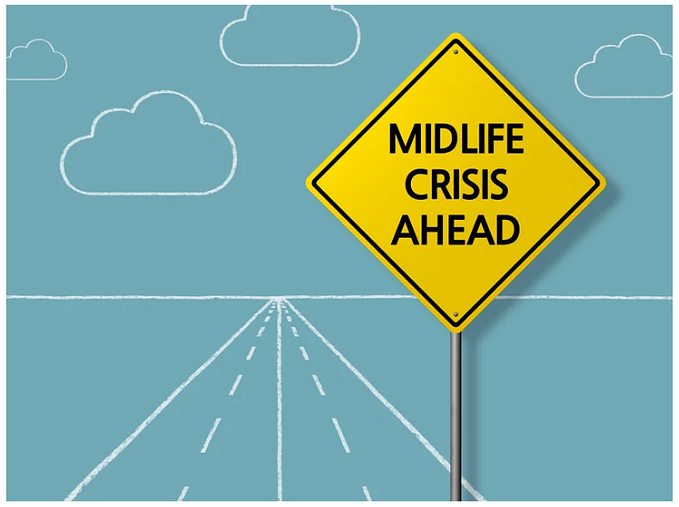Member-only story
Why You Should Embrace Your Impostor Syndrome
Instead of trying to conquer self-doubt, use it to your advantage

 Once, earlier in my career, I was invited to an elegant media event in Los Angeles. As I walked around the room, full of journalists from some of the biggest publications in the world, I felt so out of place that I hid in the bathroom until my best friend arrived.
Once, earlier in my career, I was invited to an elegant media event in Los Angeles. As I walked around the room, full of journalists from some of the biggest publications in the world, I felt so out of place that I hid in the bathroom until my best friend arrived.
I look back on that incident as one of my worst attacks of impostor syndrome, that ubiquitous if not slightly overused term to describe the insecurity, vulnerability, and discomfort that comes with moving forward in your career — like when you finally get your dream job and convince yourself you just got lucky or that you somehow scammed the hiring manager. Or you get a prestigious new title on your business card and laugh because it seems ridiculous to think of yourself that way.
Some of the most prominent people I’ve interviewed or talked to about impostor syndrome — business owners, research scientists, TV writers — said that it only gets worse with success. The more you achieve, the more you feel like a fraud. But as awful as that may seem, impostor syndrome isn’t all bad. The key is to use this so-called syndrome to your advantage.
If you feel a little insecure, you’re more aware of your own weaknesses and therefore better equipped to change them.
Impostor syndrome “is both good and bad,” says Kelsey Ramsden, author of The Success Hangover. “It’s bad in that it stops a great many people from progressing and sharing their capacity and talents with the world.” On the other hand, Ramsden says, impostor syndrome is also a symptom of breaking out of your comfort zone, and that’s where growth happens. Next time you experience this feeling, know that there are plenty of reasons to embrace it.
1. It’s a sign you’re on the right path.
Ambitious people might be especially prone to impostor syndrome. The term comes from research in the 1970s that studied the trait in women specifically. Writing in the journal Psychotherapy: Theory, Research, and Practice, psychologists Pauline Clance and Suzanne Imes noted that the phenomenon…





